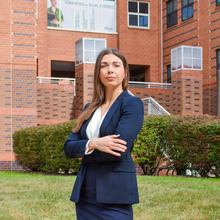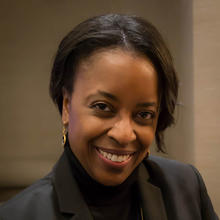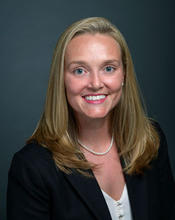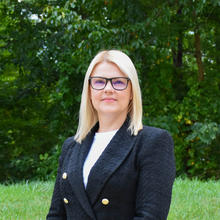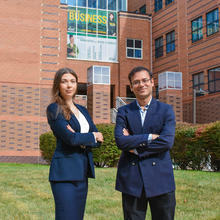- January 2, 2024
Despite the fears of regulators and skittish investors, clear and accurate signals of cryptocurrency quality may be hidden in plain sight.
- December 11, 2023
Open-source learning materials promise to democratize education, while reducing the financial burden on students. But how can schools bring faculty on board?
- December 8, 2023
No matter who you are, feeling threatened in your identity is bad for your well-being—and your career.
- December 6, 2023
What if you could outsource any computing task to the crowd without risking an epic fail? A newly developed set of technological tools could make this a reality.
- November 6, 2023
With the rise of online learning, cheating has become easier than ever. And perhaps more prevalent as well, suggests one Mason accounting professor.
- October 18, 2023
A disproportionate number of the most innovative CEOs hail from U.S. counties with a frontier history.
- October 11, 2023
Can wearable tech resolve the crisis of underemployment among neurodiverse individuals? A multidisciplinary Mason research team is about to embark on a major study to find out.
- October 2, 2023
The economic balance is shifting toward private equity. But accounting scholars are still working from an outdated playbook.
- September 27, 2023
Online technology has made real-time performance feedback a workplace reality. But a pair of Mason professors have found out about a major bias in the system.
- September 18, 2023
When government contractors merge, comparing their customers can predict a lot about how investors will respond to the deal.

